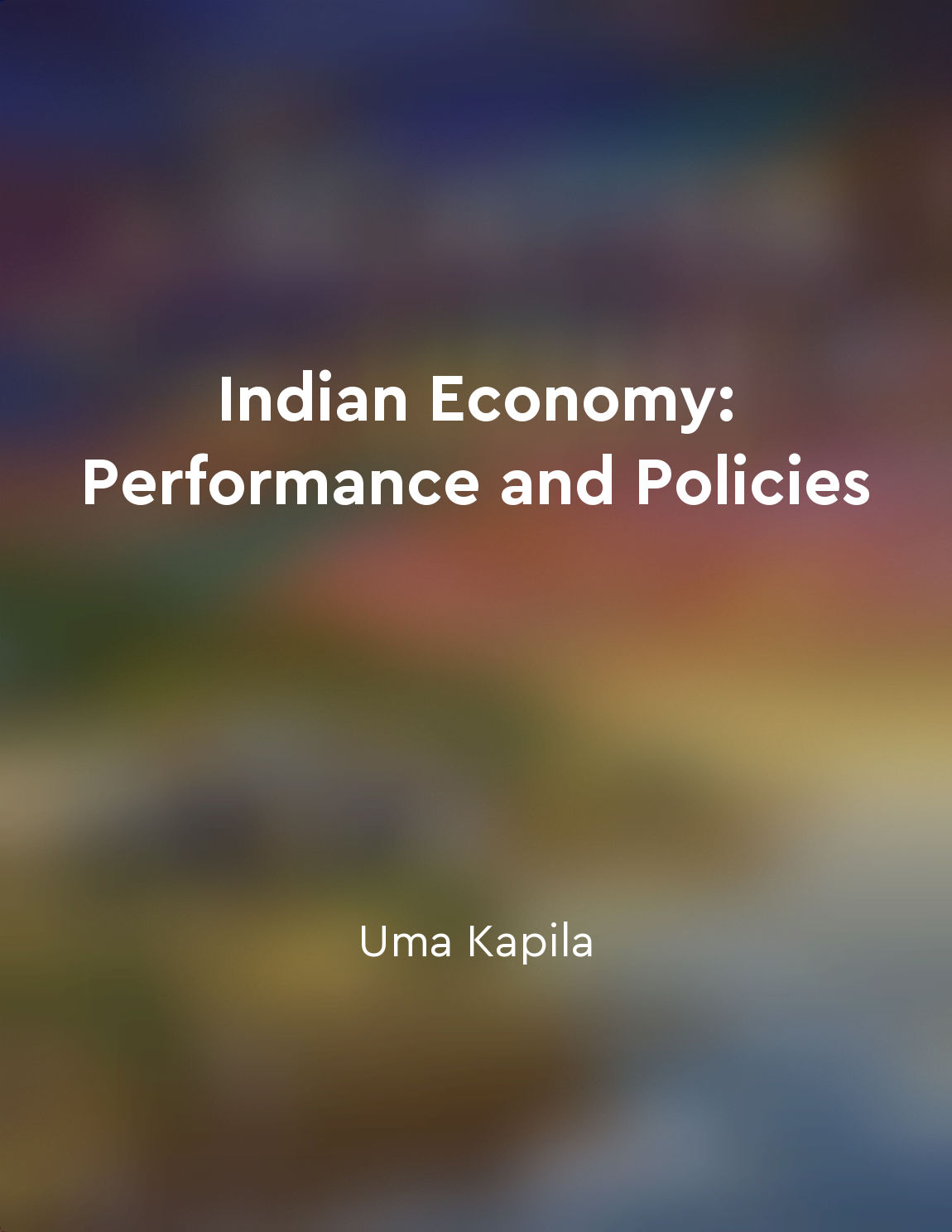Trade foreign exchange policies critical importance from "summary" of Indian Economy: Performance and Policies by Uma Kapila
Trade foreign exchange policies play a vital role in shaping the economic landscape of any country. These policies determine how a nation interacts with the global market, influencing its competitiveness and overall economic health. In the context of India, a country that heavily relies on international trade, foreign exchange policies hold significant importance.
The value of a country's currency relative to other currencies directly impacts its trade balance, inflation rates, and overall economic stability. By managing foreign exchange policies effectively, a nation can control its exchange rates, promote export-led growth, and attract foreign investment. For India, a country with a growing export sector and a large workforce, a well-defined foreign exchange policy is crucial for sustaining economic growth and development.
In recent years, India has implemented various measures to liberalize its foreign exchange policies, aiming to boost exports and attract foreign investment. These policies have included relaxation of restrictions on foreign exchange transactions, simplification of procedures for foreign investors, and promotion of electronic trading platforms. Such initiatives have helped India enhance its global competitiveness and strengthen its position in the international market.
However, it is essential for India to strike a balance between liberalization and regulation in its foreign exchange policies. While liberalization can benefit the economy by encouraging trade and investment, excessive deregulation can lead to currency volatility and financial instability. Therefore, policymakers must carefully consider the potential risks and benefits of each policy decision to ensure sustainable economic growth.
Moreover, foreign exchange policies must align with broader economic objectives to maximize their impact. In the case of India, policymakers need to integrate foreign exchange policies with other macroeconomic strategies, such as fiscal and monetary policies, to achieve holistic economic development. By coordinating these policies effectively, India can create a conducive environment for business growth, job creation, and overall prosperity.Trade foreign exchange policies are of critical importance for India's economic performance and policies. By formulating and implementing effective foreign exchange policies, India can enhance its global competitiveness, attract foreign investment, and promote sustainable economic growth. It is imperative for policymakers to strike a balance between liberalization and regulation, align foreign exchange policies with broader economic objectives, and monitor their impact on the economy to ensure long-term success.

Open in app
The road to your goals is in your pocket! Download the Oter App to continue reading your Microbooks from anywhere, anytime.


